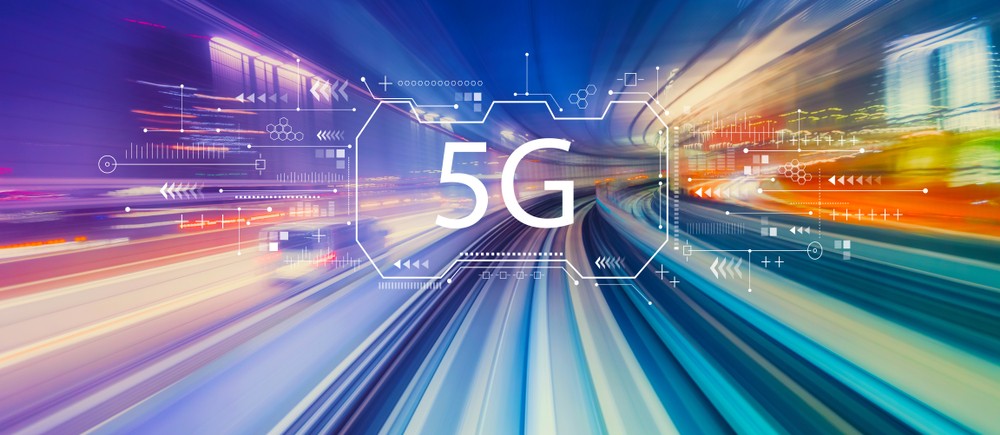Nokia and Deutsche Bahn have unveiled the world's first commercial 1900 MHz (n101) 5G radio network in conjunction with the 5G Standalone (SA) core, representing a significant breakthrough in railway technology. This deployment on live test tracks signifies a pivotal shift towards modern mobile networks dedicated to 5G railway communications across Europe.
This advancement is set to form the foundation of the Future Railway Mobile Communication System (FRMCS), which aims to enhance rail operations through increased digitalisation, capacity, and service reliability. It marks a substantial leap from the traditional GSM-R system towards the 5G-based FRMCS standard, paving the way for a more efficient and sustainable rail industry.
The deployment, conducted at DB’s digital railway test field in the Ore Mountains, features built-in failover mechanisms, self-healing capabilities, and real-time monitoring to ensure optimal performance and resilience. This innovative solution is poised to support the European FP2-MORANE-2 project, aimed at advancing rail digitalisation across the continent.
Rainer Fachinger, Head of Telecom Platforms at DB InfraGO, expressed enthusiasm about the collaboration with Nokia, viewing it as essential for embedding cutting-edge 5G telecommunications into DB’s infrastructure. This initiative builds on previous successful trials and seeks to establish a standardised private mobile network to further pilot studies and eventual widespread implementation.
Rolf Werner, Head of Europe at Nokia, reiterated the company’s commitment to being at the forefront of FRMCS development, highlighting the groundbreaking deployment of the 1900 MHz spectrum band on rail tracks. He emphasised the long-term advantages for DB, such as automated train operations, smart maintenance, and intelligent infrastructure, setting a benchmark for global rail networks.
The agreement extends DB's collaboration with Nokia's 5G SA core and 3700 MHz (n78) radio network, presenting an augmented solution comprising Nokia’s 1900 MHz (n101) 5G radio network equipment. This ensures high reliability and low latency, crucial for contemporary railway demands as the industry transitions from GSM-R to FRMCS.




